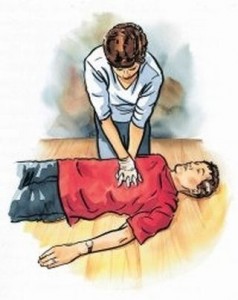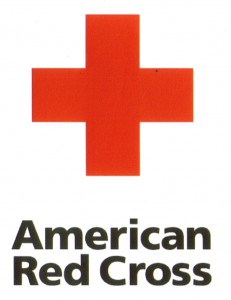
Recent studies have shown that more adults survived cardiac arrest when a bystander gave them continuous chest presses (hands-only CPR) to simulate a heartbeat, compared to traditional CPR with mouth-to-mouth breathing. The American Heart Association strongly endorses and promotes the use of “hands-only” CPR.

Adopters of the simpler and more effective form of CPR include the cities of Alexandria and Pineville’s fire and police department, the Rapides Parish Sheriff’s department and many outlying volunteer fire departments. In addition, when managing a cardiac arrest 911 phone call, emergency medical dispatchers coach family members or bystanders on how to implement hands-only CPR until the emergency medical personnel arrive at the scene. “Anyone who can put one hand on top of the other, lock their elbows and push hard and fast can do this with no risk, no fear of causing harm,” said Dr. Robert Freedman, Jr., one of the founding members of Hearts + Hands. “We want to take away all the reasons bystanders do nothing when they witness a person collapse.”
Other founding members of Hearts + Hands are the American Red Cross of Central Louisiana, Christus St. Frances Cabrini Hospital, Acadian Ambulance, Med Express Ambulance, Rapides Regional Hospital and the City of Alexandria.
With hands-only CPR, advocates say, potential rescuers don’t have to contemplate what for some could be the “yuck factor” of putting their mouth to an unconscious person’s mouth and breathing for them. For others, the trimmed-down method simplifies a confusing procedure learned years ago and barely remembered: How many breaths? How many chest compressions? Are you supposed to pinch the nose?
Professionals advise that standard CPR with mouth-to-mouth and chest compressions is still best for very small children and victims of near-drowning and drug overdose (instances where breathing problems probably led to the cardiac arrest).










